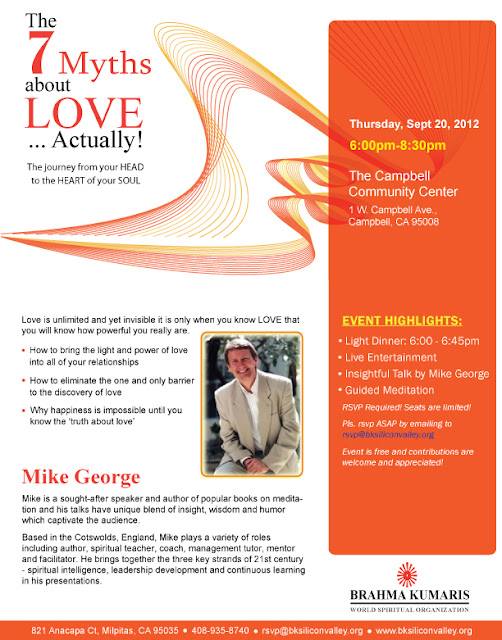Conversation is a double-edge sword; both spoken and unspoken words communicate and set the dynamics of a relationship. Some people breeze through any relationship being warm, calm and accepting person and an empathic listener; at the other end of the spectrum, people go off like a box of fireworks in almost every encounter. Most people converse somewhere between the spectrum ends; some even oscillate between the ends of the spectrum from relationship to relationship.
Generally, there are three factors that underpin a conversation. These are context, history and expectation. Context usually refers to an existing/perceived situation. History usually refers to previous encounter(s) and its associated baggage. Expectation is about our wants of others such as behavior, favor, acceptance, etc.
So here are eight suggested guidelines to drive hazard-free down the conversation lane:
- Remember your primary responsibility:After a lifetime of conditioning in which we learn to believe it’s ‘the other’ that makes you feel what you feel, and therefore think what you think, and do what you do, it’s not easy to remember ...no it’s not them, it’s me! Take responsibility for your own emotional state.
- Respect is the secret ingredient: Any previous negative experiences (memories of suffering that you attributed to the other) or any previous negative judgment about the other will not allow you respect the other. A conversation without mutual respect will flounder and animosity may flourish. You won’t be able to affirm their innate worth and goodness as a human being unless your vision of them ascribes value to them.
- Resistance only leads to persistence so.. stop it! Once you have accepted that it’s you who is responsible for what you feel it’ll be easier to dissolve your resistance to them, even when you don’t agree with them. Resistance kills our capacity to hear the other clearly and eats away at our ability to understand them. Acceptance does not mean you agree with them but it makes conversation easier.
- Listen from your heart as well as your head: Listening from the heart can instantly soften a difficult conversation and remove most of the ... difficulty! Instead of being concerned just with their facts and your feelings, you become equally interested in the feelings of the other. Listening from the heart is a skill that develops a deeper connection with the other that leads to pleasant relationship.
- Be like a bendy toy: Entering a conversation with wants and conditions will make the conversation difficult. By being flexible, willing to compromise and acknowledge other’s feelings, you will improve your conversations and relationship with the other.
- Avoid presumption and assumption: When you make an assumption or presumption you become ‘closed’ around your own conclusions about their motivation, intention and behavior. Even better is to genuinely care about the other. When you can care for and about the other, you will do a lot of ‘asking’, which in turn will naturally reveal and dissolve your assumptions.
- Drop the past and pick up the future: Don’t dwell in the past by continuously going over the past. Ask only once what happened and what, if anything, can we learn. Then ask yourself how do we go forward, how will we deal with the same situation/issue next time. Revisiting the past tends to descend to blame- game and makes conversation difficult.
- Never DEXTIFY: When challenged, never Defend, EXplain and jusTIFY. Instead, ask before telling. This helps create space to restore openness in conversation. Remember, the root cause of a difficult conversation always lies within us, not with them.
Action: Identify 2 people with whom you tend to have difficult conversations and then practice each of the strategies listed above to improve conversations steadily.
Adapted from Mike George’s article, “How Difficult are YOUR Conversations?”.© 2013













